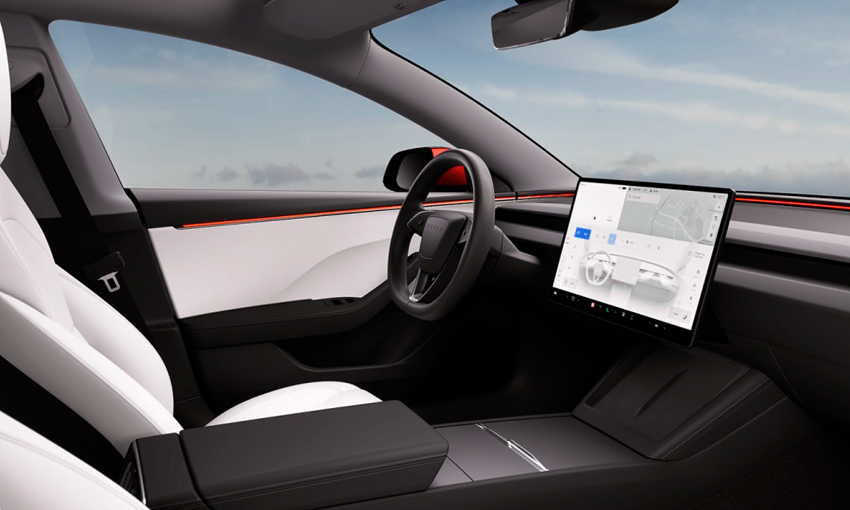THE adoption of autonomous driving technology has indeed sparked both excitement and caution in various regions around the world. While companies like Tesla and Waymo have made significant strides in bringing self-driving capabilities to the market, concerns about safety, regulation, and legal liability persist.
British Columbia’s decision to implement a ban on autonomous driving technology beyond Level 2 autonomy reflects a cautious approach to the deployment of these advanced systems. By restricting the use of higher-level autonomous driving features, the government aims to prioritise safety and ensure that drivers remain actively engaged in the driving process.
The categorisation of Tesla’s Full Self-Driving system as Level 2 autonomy means that it falls within the permitted range of autonomous capabilities in British Columbia. However, the introduction of more advanced autonomous features by Tesla or other manufacturers could potentially conflict with the province’s regulations and face legal repercussions.
The enforcement of this ban through legislation such as Order in Council 147/2024 highlights the government’s commitment to regulating emerging technologies in the automotive sector. In terms of consequences, fines for violating the ban start from RM1,277 according to reports. These fines may escalate to as much as RM6,940, and violators could face sentences of up to 6 months in prison.
Ultimately, the debate surrounding autonomous driving regulation is likely to continue as technology advances and public attitudes evolve. Striking a balance between innovation and safety will remain a key challenge for policymakers and industry stakeholders alike in the years to come.









